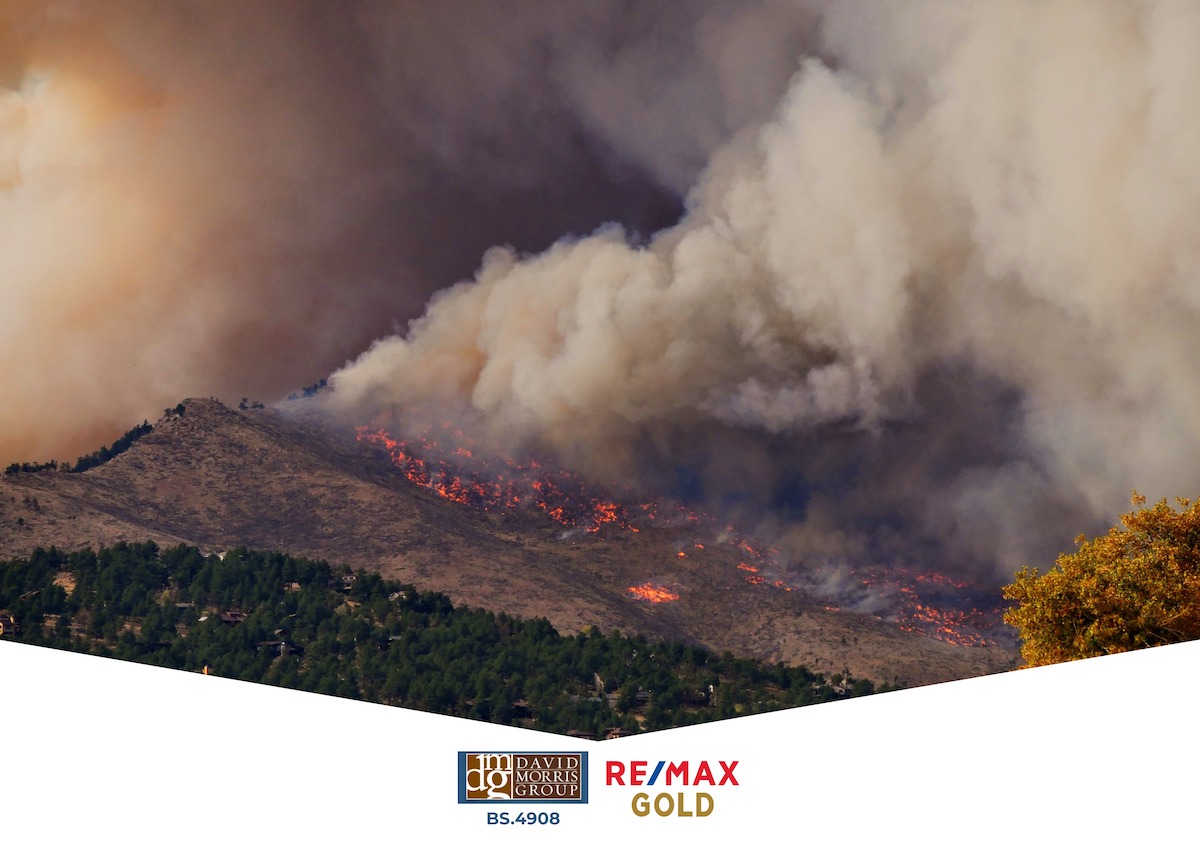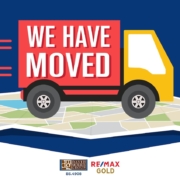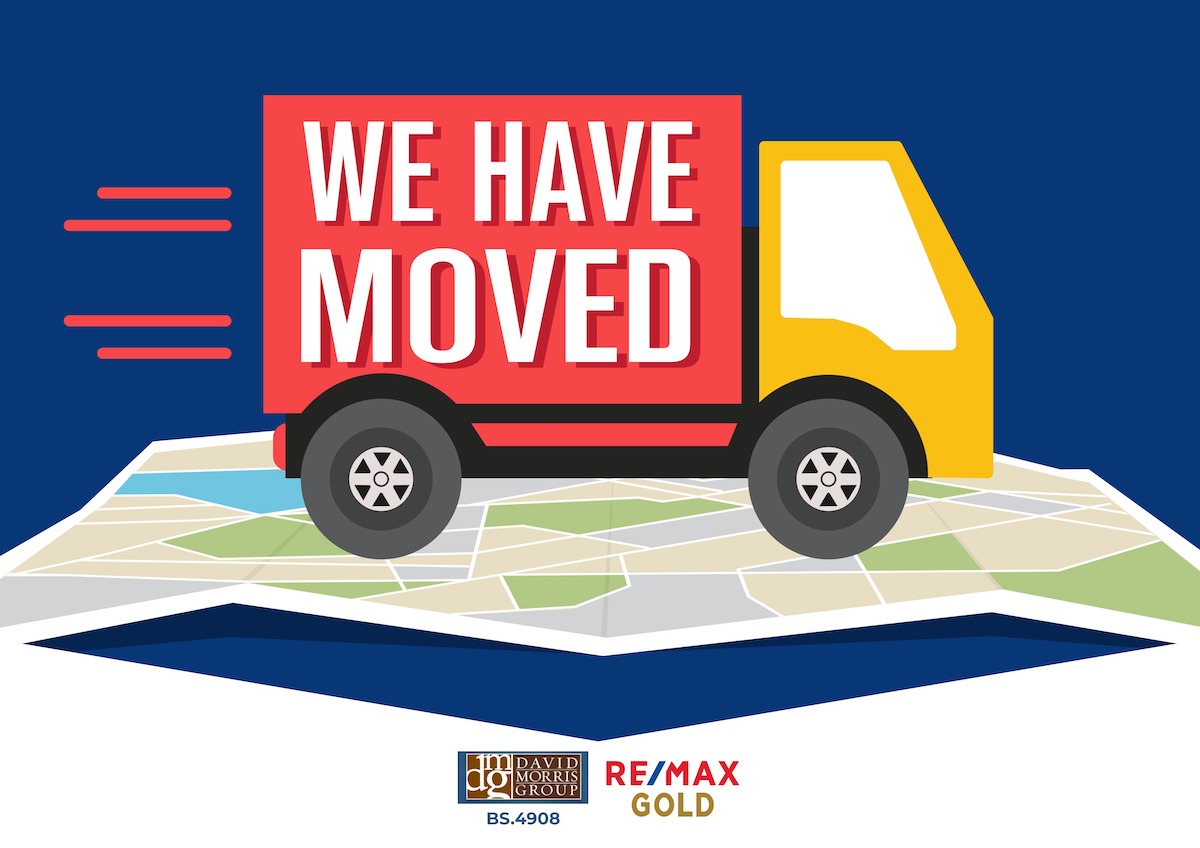Relocation Guide: Family-Friendly Attractions in the Reno Area
Reno has a long history of being a gambling town, but over the years, the Biggest Little City has grown to include swaths of small businesses, a top Carnegie® research university, eclectic communities with stunning homes, and so much more. While Reno will probably never fully ditch its party and gambling reputation, there are so many things that make it a family-friendly place to call home. To prove it to you, we’ve outlined some of our favorite family-friendly attractions in the Reno area.
- National Automobile Museum – As one of America’s top 10 auto museums, the National Automobile Museum is a top Reno attraction that features 200 eye-popping cars and a theater.
- Animal Ark – As a wildlife sanctuary and education center, Animal Ark is a safe haven for injured, abandoned, and otherwise non-releasable wildlife. They provide a lifelong home for animals that don’t have the skills to survive in the wild and encourage visitors to learn about their stories.
- The Discovery – Terry Lee Wells Nevada Discovery Museum – The Discovery is known for being where children can discover science through unique, hands-on programs and exhibits. There’s always something new happening at the museum. From exhibits to events and partnerships to build creative and critical thinking skills, you’ll never be bored here!
- Sierra Nevada Zoological Park – Home to over two hundred animals and over forty different species, the Sierra Nevada Zoological Park is the largest zoo in the state. It’s a great place to visit zebras, camels, leopards, monkeys, lions, and tigers.
- Wilbur D. May Museum – The Wilbur D. May Center features a museum, arboretum, and botanical gardens — leading to hours of fun! The May Museum houses the private collection of Wilbur D. May, and you’ll find thousands of rare and exotic artifacts, as well as traveling exhibitions, special programs, and events.
- Carnival Midway – Located in Circus Circus Reno at THE ROW, the Carnival Midway offers fun for kids and adults alike. There are more than 40 arcade-style games, circus shows, carnival acts, and more to keep everyone entertained.
- The Puzzle Room – This escape game is a great way to get everyone working together to piece together a series of puzzles and solve the mystery. There are five different themes to choose from, so you can keep coming back for more fun.
- Kimmie Candy Factory Tours – Did you know that Reno is home to a candy production facility? You can even schedule an appointment to take a free tour of the factory and watch as they create their confectionery and chocolate treats.
- Fly High Trampoline Park – Need to help burn off some of that excess energy that kids seem to have in abundant supply? Check out Fly High! They have foam pits, trampoline dodgeball, and areas to accommodate beginners as well as seasoned jumpers.
- Reno Aces Baseball – The spring and summer months are packed full of baseball games you can attend. There are 60+ home games and all kinds of special events and promotions to take part in.
This list is only the beginning of the family-friendly attractions that are at your disposal, and the list only grows each year! If you have questions about moving or what it’s like relocating to the Reno-Sparks community, contact the David Morris Group. We’re always happy to share our knowledge of the area and the real estate market!






















